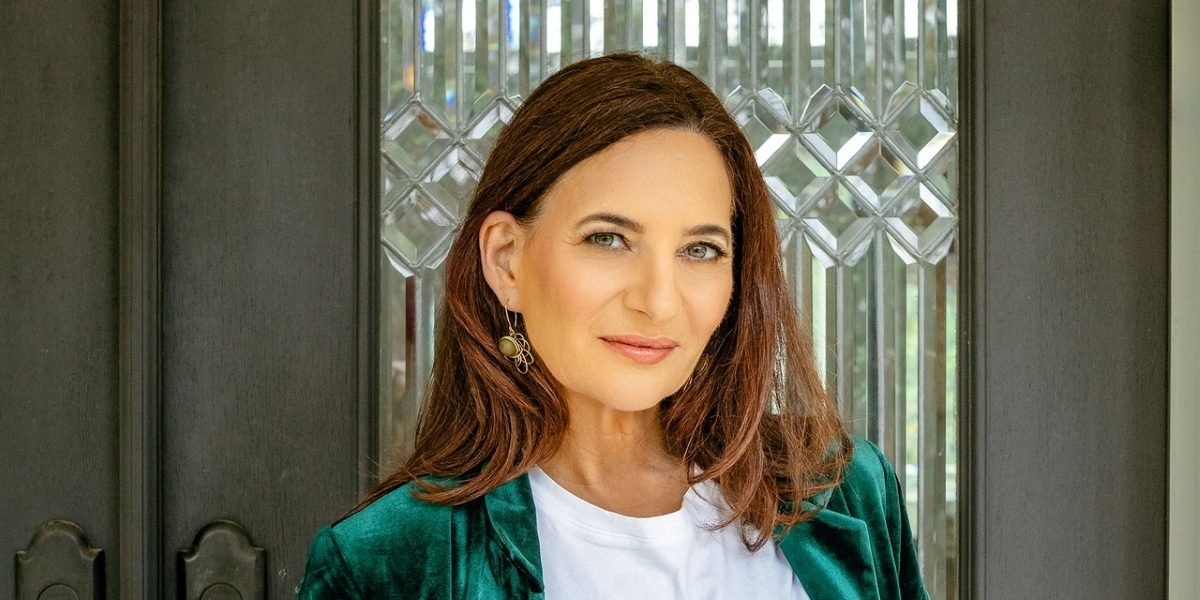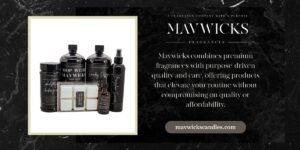By: Madeline Harten
The financial landscape has always been difficult terrain for women to navigate. Historically dominated by men, the industry’s brokers, advisors and experts often fail to recognize that women approach wealth differently. It’s in this gap that Tamar Hermes saw not just a problem, but an opportunity to create profound change.
“Women invest money differently than men,” explains Hermes, founder of Women Growing Wealth Inc., based in Austin, Texas. “We have different sensitivities, analytical approaches, and ways of asking questions.”
This insight didn’t come from academic research or theoretical frameworks. It emerged from Hermes’ own financial awakening at age 28 while working in the entertainment industry.
“I was simply exchanging time for money,” she recalls with the clarity that comes from years of retrospection. “Then I discovered real estate as an alternative income source.”
Her first investment property was a duplex—a modest beginning that would ultimately change everything. A tenant paid the majority of her mortgage, opening her eyes to possibilities beyond the traditional paycheck-to-paycheck existence. As her portfolio expanded, so did the complexities.
Finding the Path Through Financial Wilderness
The journey wasn’t smooth. Hermes encountered conflicting advice from financial professionals, struggled to understand tax strategies, and often felt adrift in a sea of financial jargon designed to confuse rather than clarify.
“I felt I had no control over my financial destiny,” she says. The frustration became a catalyst—driving Hermes to master what had previously mystified her and, crucially, to help other women avoid similar struggles.
What emerged from these challenges was a profound realization about gender differences in financial decision-making. Hermes observed that women tend to be more consultative and cautious, taking more time to evaluate possible outcomes, men are often more risk taking and decisive.
This isn’t weakness—it’s a different approach. One client came to Hermes with several hundred thousand dollars sitting idle in a bank account, paralyzed by investment fears. She took action only when she felt both safe and fully informed.
“Women typically take longer before making investment decisions,” Hermes notes. “Especially in real estate, they analyze numbers more thoroughly and rely on their intuition when something doesn’t feel right.”
Beyond the Transaction: Building Financial Sovereignty
Women Growing Wealth isn’t merely about transactions or portfolio diversification. It represents something far more fundamental: financial sovereignty for women who have achieved professional success but remain uncertain about transforming income into lasting wealth.
The organization’s approach is comprehensive. Rather than focusing solely on investment vehicles, Hermes educates members on the entire wealth-building ecosystem—tax advantages, risk assessment, leveraging bank funds, and understanding how appreciation works over time.
This holistic view helps address what Hermes identifies as a major psychological hurdle for women: relinquishing immediate control of their money while investments mature. It’s a vulnerability that many find deeply uncomfortable.
“Risk mitigation is particularly challenging,” Hermes acknowledges. “Many successful investors have experienced losses, which can be difficult to accept, especially for high-achieving women accustomed to excellence.”
To mitigate these concerns, Women Growing Wealth brings in vetted investment opportunities from experienced sponsors. Their philosophy prioritizes the “jockey” over the “horse”—focusing on the track record and experience of the people behind investments rather than just the investment vehicle itself.
The Power of Financial Community
What truly distinguishes Women Growing Wealth is its community-centered approach. In a culture where money discussions remain largely taboo, especially among women, Hermes has created a rare safe haven.
“Our members receive step-by-step guidance to develop financial plans in a supportive environment where they feel held by one another,” she explains.
The results speak volumes. One member with multiple seven-figure stock investments sought diversification through real estate. With the group’s guidance, she successfully flipped two properties, generating nearly six figures in profit. She then purchased a painting company, pursued other investment opportunities, and implemented tax strategies she wouldn’t have discovered on her own.
“We’re not a substitute for a financial team,” Hermes clarifies. “We’re an essential part of it.” Though she notes some members rely solely on the group alongside their CPAs and attorneys, forgoing traditional financial advisors altogether.
The organization addresses dimensions beyond immediate financial concerns—philanthropic strategies, financial literacy for children, and legacy planning. These elements speak to women’s tendency to view wealth as a multi-generational responsibility rather than a personal scorecard.
Beyond Money: Aligning Wealth with Values
“When women are aligned with wealth, they’re aligned with themselves, because money represents value in our society,” Hermes says, revealing the philosophical underpinnings of her work.
This perspective transforms the mission from merely accumulative to deeply personal. Many women don’t realize how profoundly money affects them—either working constantly from scarcity fears or maintaining poverty mindsets despite objective financial success.
The community model proves essential for addressing these deeper issues. Women Growing Wealth aims to support “powerful women” who can then energetically influence others toward financial sovereignty—creating ripple effects far beyond individual bank accounts.
As Hermes looks toward expanding membership into the hundreds, her vision remains centered on creating not just wealthier women, but women whose relationship with money reflects their true capabilities and worth.
In the end, Women Growing Wealth isn’t just teaching investment strategies—it’s rewiring how high-achieving women relate to their own power. The true revolution isn’t in the portfolios these women build, but in the liberation they experience when financial fears no longer limit their potential.
And in a world where women’s economic empowerment remains unfinished business, that may be the most valuable return on investment of all.
Published by Joseph T.









